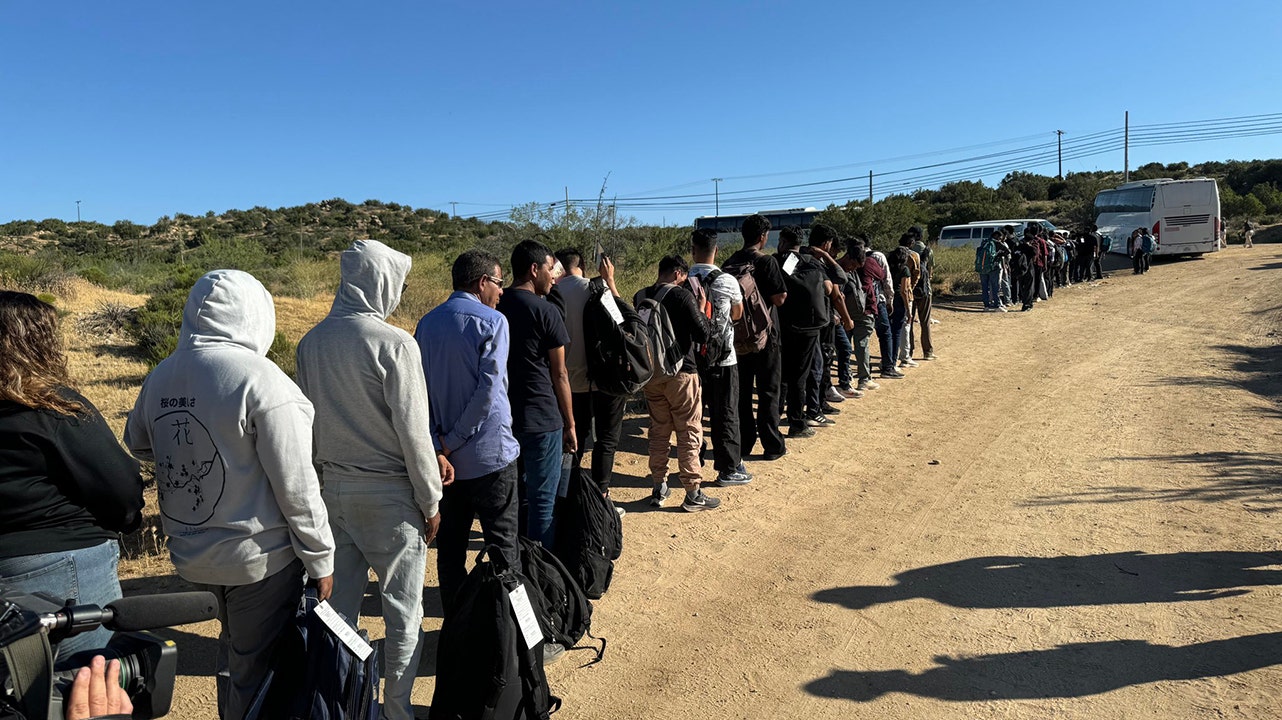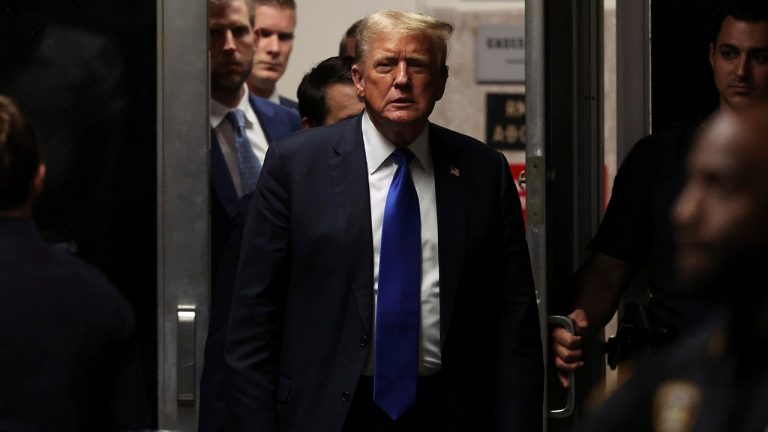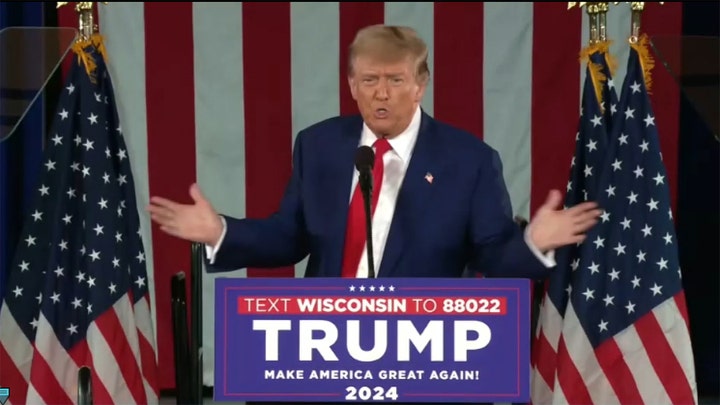Judge stops Iowa from taking action against illegal immigrants.
Recent developments in Iowa have brought attention to the state’s efforts to enforce its own immigration laws. A federal judge in Iowa has halted the implementation of a law that would have allowed the state to file criminal charges against illegal immigrants with outstanding deportation orders or who had previously been denied entry into the U.S.
The decision by U.S. District Court Judge Stephen Locher to block enforcement of the Iowa legislation is temporary, pending further litigation. Locher’s ruling is grounded on the belief that federal immigration law supersedes state laws, rendering the Iowa legislation likely to fail.
Locher’s ruling stated, “As a matter of politics, the new legislation might be defensible. As a matter of constitutional law, it is not. Under binding Supreme Court precedent, Senate File 2340 is preempted in its entirety by federal law and thus is invalid under the Supremacy Clause.”
Republican Iowa Governor Kim Reynolds signed the “illegal re-entry” bill into law earlier this year, following similar legislation in Texas. Both states have been critical of President Biden’s administration’s handling of border policies, with officials citing the need for stricter enforcement measures.
Gov. Reynolds and Iowa Attorney General Brenna Bird have expressed their intention to appeal the ruling, citing the necessity for state laws in light of what they view as inadequate federal enforcement. Bird criticized President Biden, blaming his administration for the need for such legislation and calling on him to take action to secure the border.
Reynolds echoed Bird’s sentiments, accusing the Biden administration of leaving states “defenseless” against the “ongoing crisis at our southern border.” She emphasized the failure of the federal government to enforce immigration laws effectively, resulting in millions entering or re-entering the country without consequences.
The ruling by Judge Locher effectively delays the enactment of Iowa’s immigration law, which was scheduled to go into effect on July 1. The Justice Department has also announced plans to challenge a similar piece of legislation in Oklahoma in the near future, further highlighting the ongoing legal battles over immigration enforcement at the state level.
These developments underscore the complex and contentious nature of immigration policy in the United States, with states increasingly taking matters into their own hands in the absence of what they see as effective federal action. The clash between state and federal authorities over immigration laws is likely to continue, raising important legal and constitutional questions that will shape the future of immigration enforcement in the country.








